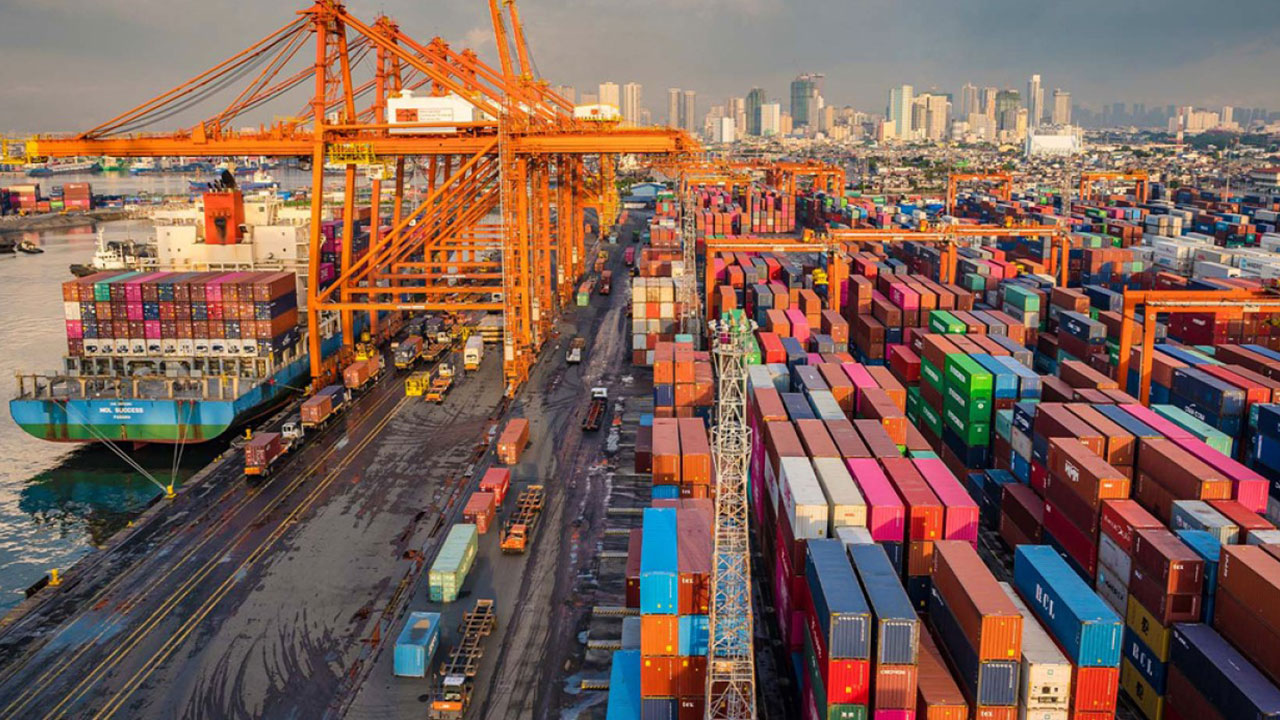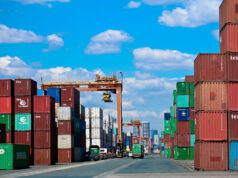Monetary policy not enough to shield PHL from trade shocks

MONETARY POLICY may not be enough to cushion the economy from the potential impact of trade shocks, the Bangko Sentral ng Pilipinas (BSP) said.
“Today, unprecedented policy shocks are fueling a befuddling kind of uncertainty. Monetary policy alone cannot fully shield the economy from the repercussions of these shocks,” BSP Deputy Governor Zeno Ronald R. Abenoja said at a forum hosted by the Philippine Institute for Development Studies (PIDS) and central bank on Monday.
“Broader, coordinated strategies would indeed help.”
Quoting BSP Governor Eli M. Remolona, Jr., Mr. Abenoja said that trade shocks are “more damaging” than supply shocks.
“Unlike your usual supply shocks, which tend to be transitory, trade shocks have deeper, more persistent effects,” he said.
Last month, US President Donald J. Trump slapped reciprocal tariffs on nearly all its trading partners. However, he suspended the implementation of the higher tariffs until July but kept the baseline 10% tariff.
“In particular, trade shocks affect the capital stock of developing economies. Left unchecked, they can slow growth trajectories and erode decades of hard-won progress,” Mr. Abenoja said.
Mr. Remolona earlier said that central banks have been concerned about the global trade uncertainties, prompting the need to update models and frameworks to better account for these risks.
However, Mr. Abenoja said the Philippines is “well-positioned to manage inflation.”
Headline inflation slowed to an over five-year low to 1.4% in April, bringing the four-month average to 2%.
“This gives us extra degrees of freedom to ease monetary policy which in turn can support growth,” he added.
Mr. Remolona has signaled the possibility of two more rate cuts this year, in “baby steps” or increments of 25 basis points (25 bps).
Last month, the Monetary Board lowered benchmark interest rates by 25 bps to bring the policy rate to 5.5%.
The central bank has so far slashed borrowing costs by a total of 100 bps since it began its easing cycle in August last year.
“The BSP stands ready to do what is necessary to keep inflation steady and maintain the country’s macroeconomic stability,” Mr. Abenoja added.
INDUSTRIAL POLICY
Meanwhile, PIDS Emeritus Research Fellow and former Trade Undersecretary Rafaelita M. Aldaba said the government must continue to pursue more structural reforms to benefit from the trade diversion arising from these tariff policies.
“A lot of countries are also strategizing, and hence it’s really important for the Philippines to quickly move swiftly towards the implementation of our strategies. We don’t want to be a passive beneficiary,” she said.
“What we want is for the Philippines to be a strategic player in this global economy,” she added.
Ms. Aldaba said the country is well positioned to take advantage of manufacturing and production relocation.
“These are opportunities, like I said, for relocation production from China and the ASEAN-5 countries can absorb these diverted investments,” she said.
For example, the Philippines and Malaysia are well-positioned to absorb the manufacturing of electronic products.
“Philippines also, we can be a location for light electric devices, appliances, footwear, garments, accessories, and toys,” she said.
Ms. Aldaba said there is a need to continue enhancing industrial policy.
“Our recommendation is, perhaps, to build on the new industrial policy that was started from 2012 onwards. We hope that we’ll be able to integrate this industrial policy with our trade policy.”
“There are two measures that I would like to highlight. One is on industrial policy, and the other is in terms of protecting our exports and improving our industries,” she added.
Ms. Aldaba said it will be vital for the country to be able to “move up the global value chain from final assembly to more high-value stages.”
There is also a need to diversify production and trade partners, she added.
“And in terms of the rules of our trade compliance, this is also very important. Of course, rescaling, upskilling the workforce to make more complex, more advanced production would also be a vital part of the middle elements for us to promote our industries.”
“Two very important elements of our strategy would be the industrial upgrading part and trade defense and monitoring mechanisms,” she added. — Luisa Maria Jacinta C. Jocson



